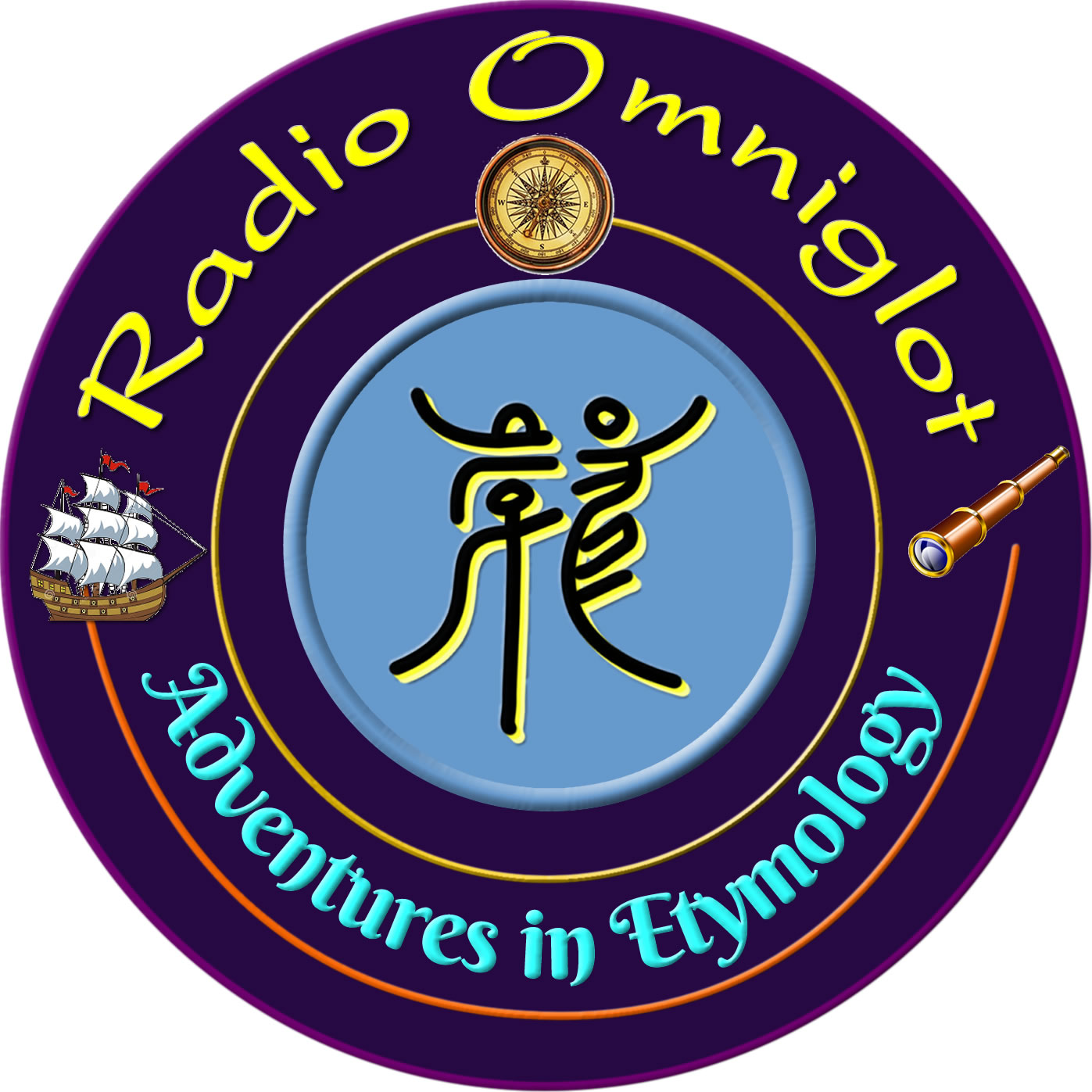Adventures in Etymology – Discombobulation
- Author
- Simon Ager
- Published
- Sat 26 Jul 2025
- Episode Link
- https://www.omniglot.com/radio/?p=4024
In this Adventure in Etymology we investigate the word discombobulate.
To discombobulate [ˌdɪs.kəmˈbɒb.jəˌleɪt] is:
- To throw into a state of confusion
- To befuddle or perplex.
- To upset or embarrass
It was coined in the USA and first appeared in writing in around 1867 [source]. It is a fanciful mock-Latin term of a kind that was popular at that time, and was possibly inspired by words like discompose and discomfit [source].
Similar words were in use from about 1825, including discomboberated, discombobolate and discomboberate [source]
Related words include:
- discombobulation = an embarrassing feeling that leaves a person confused; a confused or disorderly state
- discombobulator = one who / that which discombobulates; a thingy or doodad
- pericombobuation = disturbance and confusion (features in a 1987 episode of Blackadder The Third, a BBC TV comedy series)
- to combobulate = to compose (oneself), to organize, to reverse the effect of discombobulation
- recombobulation = the act of recombobulating; putting back into order; removing confusion
Other mock-Latin words coined in the 19th century include to absquatulate (to leave quickly, to flee), to bloviate (to speak at length in a pompous or boastful manner), to hornswoggle (to deceive or trick), and to skedaddle (to run away quickly) [source].
If you would like to support this podcast, you can make a donation via PayPal or Patreon, or contribute to Omniglot in other ways.
Radio Omniglot podcasts are brought to you in association with Blubrry Podcast Hosting, a great place to host your podcasts. Get your first month free with the promo code omniglot.
I also write about words, etymology and other language-related topics on the Omniglot Blog, and I explore etymological connections between Celtic languages on the Celtiadur blog.


